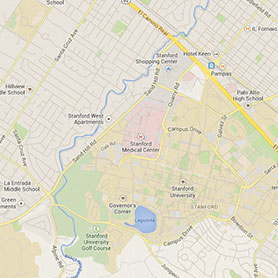Learn about the flu shot, COVID-19 vaccine, and our masking policy »
New to MyHealth?
Manage Your Care From Anywhere.
Access your health information from any device with MyHealth. You can message your clinic, view lab results, schedule an appointment, and pay your bill.
ALREADY HAVE AN ACCESS CODE?
DON'T HAVE AN ACCESS CODE?
NEED MORE DETAILS?
MyHealth for Mobile
Get the iPhone MyHealth app »
Get the Android MyHealth app »
Coarctation of the Aorta Causes
What Causes Coarctation of the Aorta?
Some congenital heart defects may have a genetic link, either occurring due to a defect in a gene, a chromosome abnormality, or environmental exposure, causing heart problems to occur more often in certain families. Most of the time this heart defect occurs sporadically (by chance), with no clear reason for its development.
Why is coarctation a concern?
Coarctation of the aorta causes several problems, including the following:
- The left ventricle has to work harder to try to move blood through the narrowing in the aorta. Eventually, the left ventricle is no longer able to handle the extra workload, and it fails to pump blood to the body efficiently.
- Blood pressure is higher above the narrowing, and lower below the narrowing. Older children may have headaches from too much pressure in the vessels in the head, or cramps in the legs or abdomen from too little blood flow in that region. Also, the kidneys may not make enough urine since they require a certain amount of blood flow and a certain blood pressure to perform this task.
- The walls of the ascending aorta, the aortic arch, or any of the arteries in the head and arms may become weakened by high pressure. Spontaneous tears in any of these arteries can occur, which can cause a stroke or uncontrollable bleeding.
- There is a higher than average chance of developing an infection in the valves of the heart known as bacterial endocarditis or an infection in the aorta itself known as bacterial endarteritis. Both of these complications are exceedingly rare.
- The coronary arteries, which supply oxygen-rich (red) blood to the heart muscle, may narrow in response to elevated pressure.
Adult Congenital Heart Program
See a Stanford specialist to learn about your treatment options. Visit our clinic to make an appointment.

